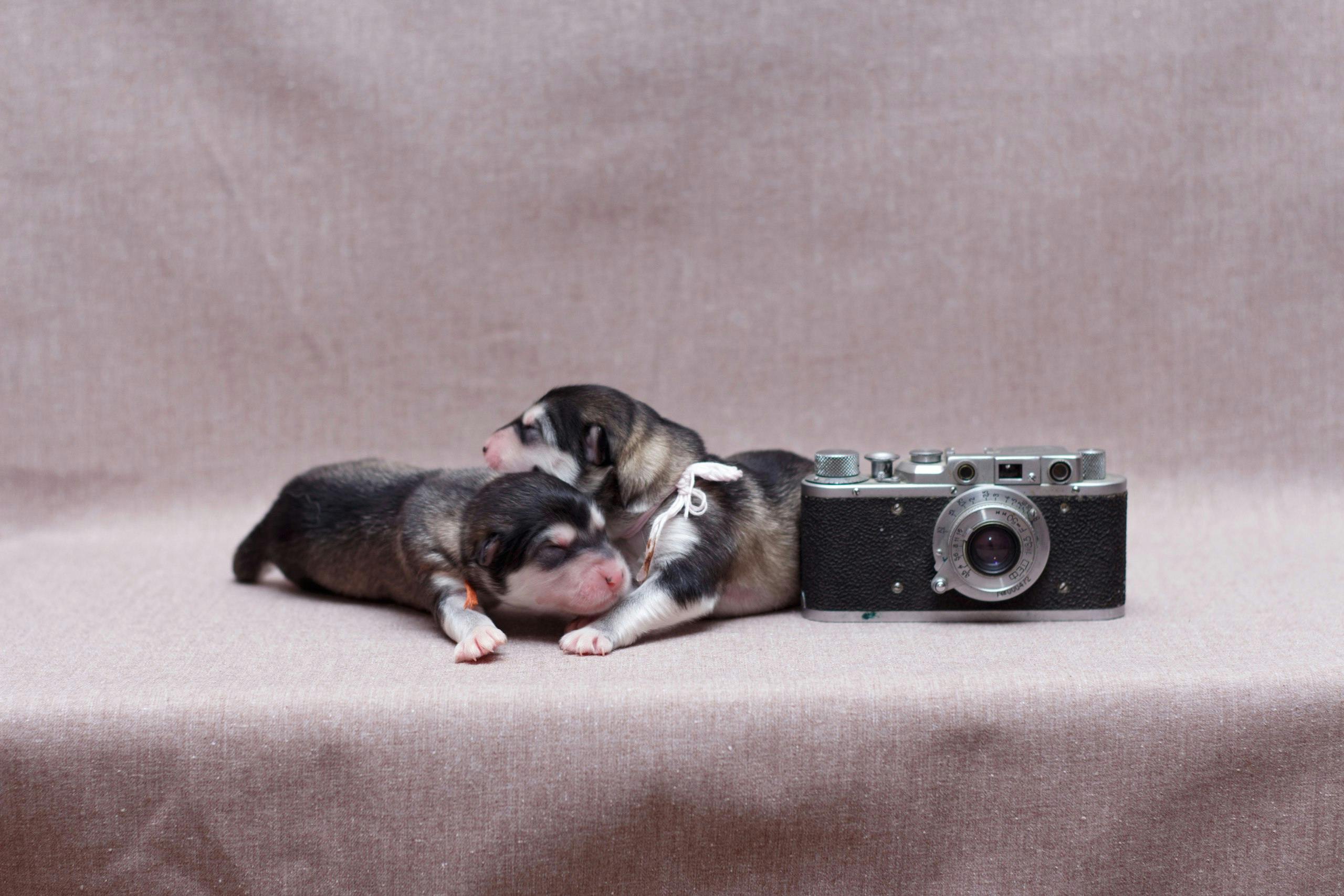
Flea Control Secrets – Natural Flea Remedy – Cedarwood
In any flea control effort, you must eliminate and treat fleas in the environment (both indoors and outdoors) and on the animal AND these efforts must be done simultaneously to be effective. There is a lot of inaccurate information going around the internet so I thought I would check out some of the best natural alternatives for flea treatment and one of the best is cedar or cedar wood.
Many alternative flea treatment remedies are actually repellants. This means that they won’t actually kill fleas (or bugs), but rather keep them off pets and the environment. Not too long ago, old-fashioned folk medicine and home remedies actually used a lot of common sense and products found right in the home (or garden) to effectively get rid of fleas.
Growing up, I remember the soothing smell of cedar chests, the fresh scent of cedar chips in the morning dew in the garden, and I was amazed at the number of cabinets made from cedar to repel moths. Now I used to love the smell, but the reason cedar was used so often is that cedar wood acts as a great deterrent and repellant for many different types of insects.
In the Middle Ages, bubonic plague was spread by fleas, so cedar wood was burned to fumigate streets and houses to eliminate ectoparasites. In more contemporary times, cedarwood oil was officially registered as a pesticide in the United States in 1960. It was approved to repel moths and for use as a tag (or collar) for pets and as a liquid that could be sprayed on clothing. animal bed.
Cedarwood oils come from trees in the botanical family Cupressaceae (cedars, junipers, and true cypresses), and in the United States cedarwood oil is harvested from four different sources:
- Juniperus virginiana (eastern red cedar or Virginia cedar),
- Juniperus ashei or Juniperus mexicana (Texas cedar),
- and Thuja plicata (western red cedar).
However, the Chemical Abstract Service registration number also applies to:
- Chinese cedar oil (Cupressus funebris),
- Kenyan or East African cedar wood oil (Juniperus procea),
- and Moroccan or Atlas cedar oil (Cedrus atlantica).
Since its registration, cedarwood has been considered an excellent alternative for less toxic flea control in the garden, home, laundry room and around pets. For example, when used in the garden with other biological aids, such as parasitic nematodes, cedar chips can help kill fleas before they spread and enter your home.
Inside the home, many people use cedar chips inside pet bedding. For use on animals, there are commercial cedar pet shampoos, cedar pet flea repellant sprays (such as LiquidNet), and an entire company (CedarCide) dedicated to creating cedar products to thwart fleas and other insects.
The safest uses are in the environment rather than on the animal, unless the product is labeled safe for pets. There are many home remedy tips for cedar flea such as:
cleaning solutions
Add drops of cedarwood oil to your steam cleaner or floor cleaning solutions to let the scent of cedarwood pleasantly permeate your home while adding to other flea control strategies.
Aerosols for bedding and fabrics
Add a few drops of cedarwood oil to at least two cups of water and place in a spray bottle and spray on clothes and sheets (or other bedding). You can even add a little to fabric softener sheets in your dryer.
Cedar Wood Blocks, Cedar Wood Hangers, and Cedar Wood Bags
Used in closets and around the home, these products can help keep bugs at bay and can be placed almost anywhere.
Finally, when using any herb or essential oil on pets, always consult with your veterinarian, as many natural products can be toxic to pets. Don’t forget that since our sense of smell isn’t as smart as our pets’, use any scent a bit sparingly.